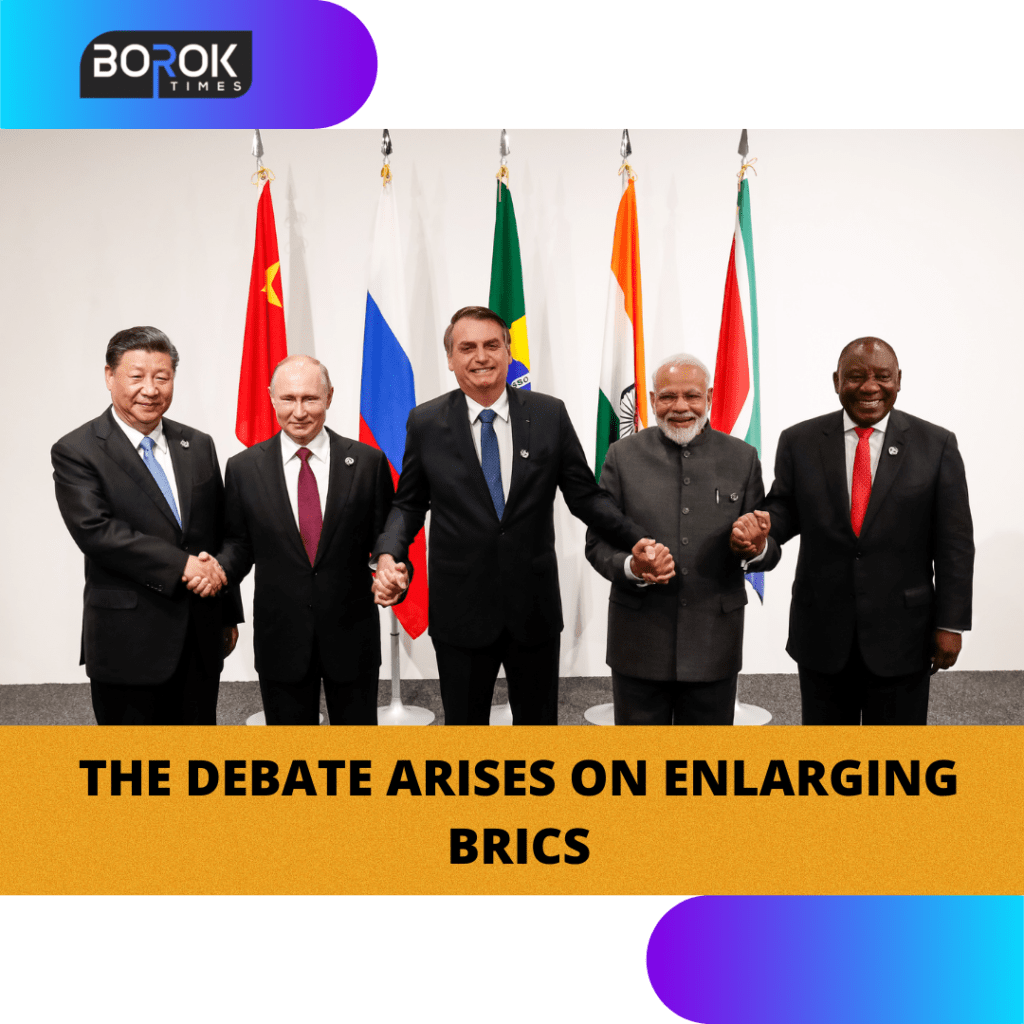The debate over enlarging Brics – created as Bric (Brazil, Russia, India and China) in September 2006 and expanded with South Africa’s inclusion in 2010 – gained pace ahead of the grouping’s latest virtual summit on June 23, largely because of calls from Chinese officials for including new members.
There was no immediate response from Indian officials on reports that Argentina and Iran have applied for membership of Brics.
On Wednesday, India is proceeding cautiously on the crucial issue of expanding Brics (Brazil-Russia-India-China-South Africa) as it does not want new memberships to skew the 16-year-old bloc towards any particular power centre, people familiar with the matter said.
The official Indian position, however, was buried within the 75-paragraph Beijing Declaration issued after the Brics Summit on June 23. Paragraph 73 states: “We support promoting discussions among Brics members on Brics expansion process. We stress the need to clarify the guiding principles, standards, criteria and procedures for this expansion process through Sherpas’ channel on the basis of full consultation and consensus”.
China hosted a virtual high-level dialogue on global development on the margins of the summit on June 24, which was joined by leaders of Algeria, Argentina, Cambodia, Egypt, Ethiopia, Fiji, Indonesia, Iran, Kazakhstan, Malaysia, Senegal, Thailand and Uzbekistan – all seen as potential new members of the bloc. This meeting was even described by some as a “Brics-plus” event.
Pakistan has said a member of Brics blocked its participation in the June 24 meeting, without naming the country. Pakistani media reports, citing sources, said the country was India.
Following the summit, Russian officials announced Argentina and Iran had applied to join Brics.


